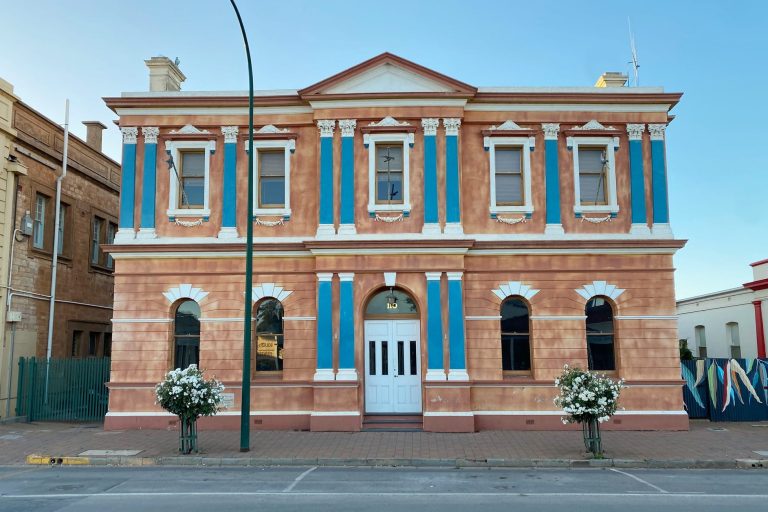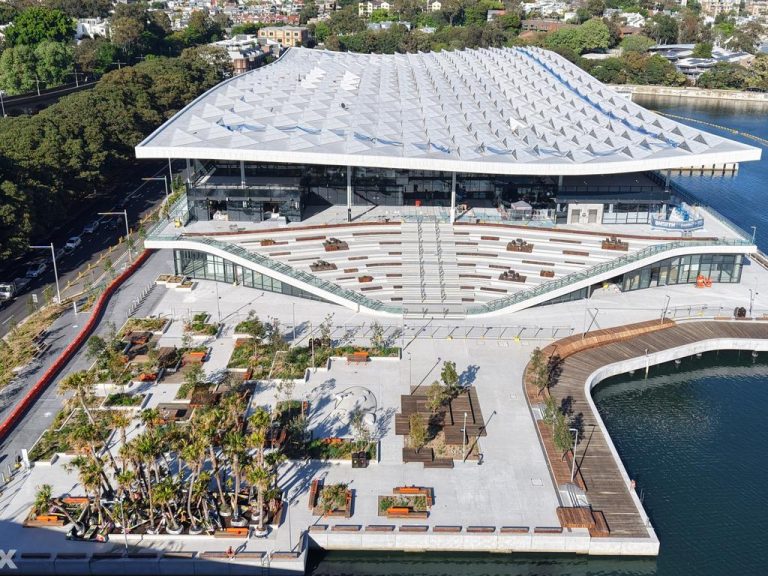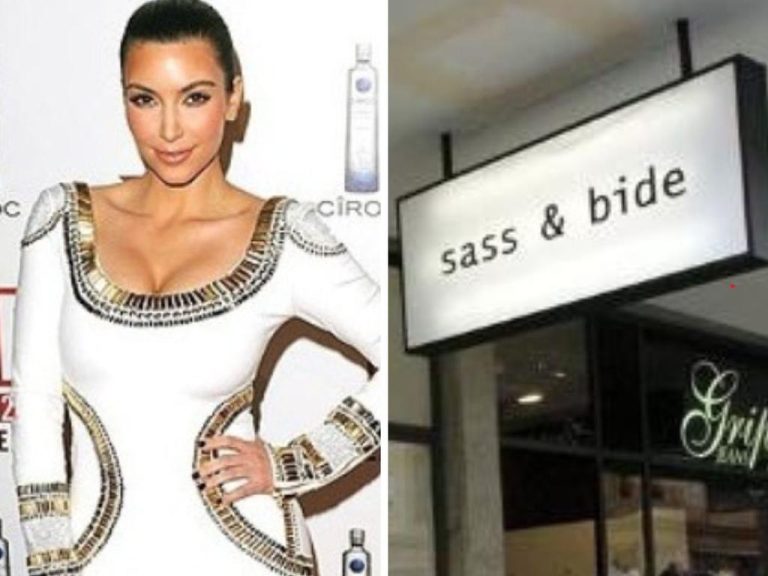AMP Capital faces blocking stake in battle for $7bn office fund

Quay Quarter Tower in Sydney in which the AMP Capital Wholesale Office Fund holds a stake.
The future of a major office fund run by AMP Capital hangs in the balance, with a block of investors emerging who are opposed to the incumbent keeping control of the $7bn vehicle.
The manager is lined up against rivals Mirvac and GPT, which have also been short-listed as potential alternatives to run the AMP Capital Wholesale Office Fund.
At a meeting called by the fund’s trustee board, a number of the 40-odd institutional investors expressed concerns about the manager’s corporate governance issues and indicated their preference for a change.
The drawn-out process to find a new manager was rocked in September by the resignation of three high-profile independent advisers, including former Future Fund property head Barry Brakey.
The advisory committee, comprising Mr Brakey, Wesfarmers director Sharon Warburton and property veteran Paul Say, had been tapped by the fund’s trustee to advise on options earlier this year, with investment bank Jarden running the process.
The AMP trustee board has since drafted in two other independent directors – corporate veterans Ming Long and Bob McKinnon – both of whom hold non-executive roles elsewhere in the AMP empire.
The fund owns stakes in some of Australia’s best office skyscrapers, including the near complete Quay Quarter Tower in Sydney, and investors are worried that a change in manager, or even accepting a revamped management plan from AMP Capital, could trigger pre-emptive rights held by co-owners.
While the situation remains unclear, enough investors are understood to have told the trustee that they would not vote to keep AMP Capital in place, forming a blocking stake to the manager remaining.
The block against the AMP remaining is estimated at about half the register with influential local superannuation funds the drivers of the push.
The close knit funds have been in talks and have agreed on the need to ensure improved governance, a quality management platform, the alignment of the manager’s interests with investors and to keep the best assets.
But some investment players insisted that a consensus was yet to emerge across the register, which leaves the prospect of Mirvac, which would run the fund as a pooled vehicle, and GPT, which is proposing to merge the trust with its own wholesale office fund, also lacking support.
Other investors pointed to the potentially powerful combination with the GPT vehicle, which has developed a significant pipeline, and the attractive assets on GPT’s own balance sheet. The company is advised by investment bank Barrenjoey.
Investors expect that if AMP does retain management it will cut fees and potentially try to sweeten the pot with other property moves as it did when it unsuccessfully tried to keep hold of the AMP Capital Diversified Property Fund, which was merged with a Dexus vehicle.
The tensions about the real estate fund comes at a sensitive time for AMP, which is looking to spin off its overall private markets division as a separate entity.
AMP Capital has performed well on the retail front and last month won investment of $2.2bn from UniSuper and Cbus Property into a trust that owns Sydney’s Macquarie Centre and Pacific Fair on the Gold Coast.
But concerns about whether the office fund could lose its grip on Quay Quarter Tower could play into the calculus of investors, with some deeming this an “unacceptable” risk if they stay with AMP but part of the decision if they switch managers.
“Our excellent track record … demonstrates our capability to continue delivering for our investors through our market-leading real estate funds management business,” an AMP spokeswoman said.







